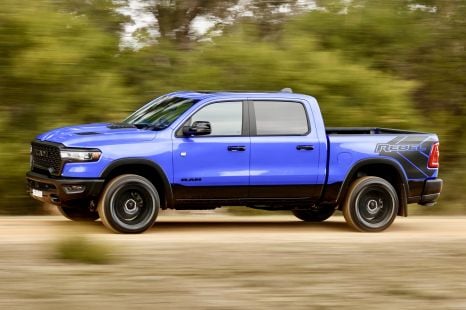

Max Davies
2026 Ram 1500 Rebel review
5 Days Ago

Publisher
Electrification is a reality that every automotive brand must face.
For most carmakers, the need to electrify is due to CO2 emissions and to meet increasingly stringent environmental regulations across the world, but for others it’s also for performance.
In fact, the modern supercar or hypercar can no longer stay competitive without electrification. Everything from the new Lamborghini Revuelto and Temerario to the Ferrari 296 GTB, SF90 and its latest hypercar, the F80, rely heavily on electrification to deliver the level of performance required.
Unlike previous-generation performance cars that rely solely on internal combustions engines, modern hybrid performance cars have the added element of a high-performance lithium-ion battery that is fundamental to the vehicle’s operation.
100s of new car deals are available through CarExpert right now. Get the experts on your side and score a great deal. Browse now.
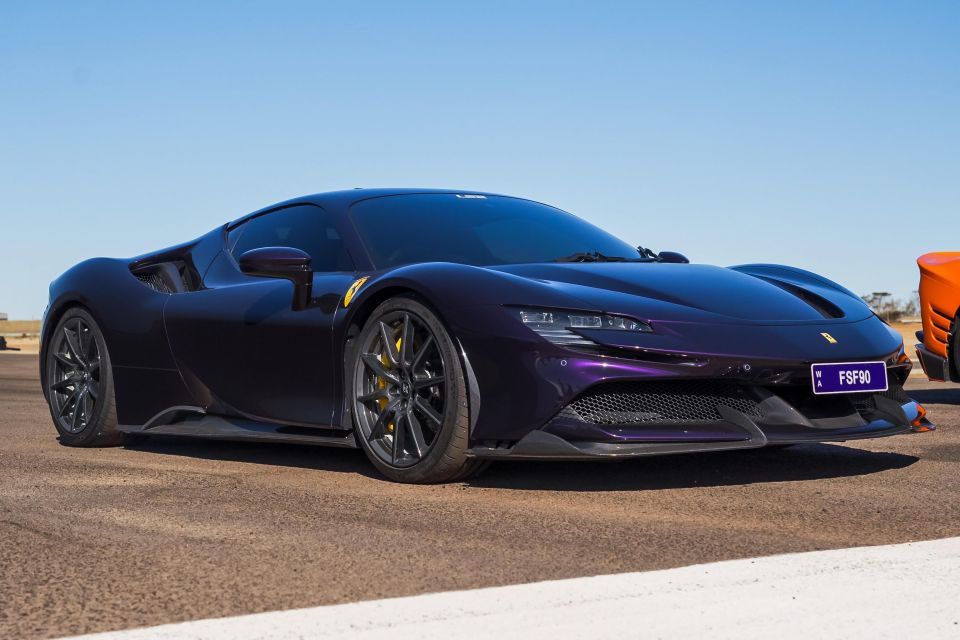
Imagine your iPhone in 10 years, when it will likely be dead – not because of the electronic components inside, but because the battery is no longer able to hold charge or maintain enough power to make the device usable. While as a society we are conditioned to simply dumping our old smartphones for new ones, cars can be a little different.
Yes, a 20-year-old Tesla will probably end up being recycled, but a 20-year-old Ferrari, Lamborghini, Bentley or Rolls-Royce will still very much be a cherished possession for anyone lucky enough to have one. But how will it cope with battery degeneration and what solutions are on offer to solve the problem?
One company that has taken a new approach is Ferrari. The Italian brand has taken the production of its battery technology in-house. At the launch of the Ferrari F80 hypercar, the company made it very clear that it needs to keep its cars going forever. Indeed, the company continued to repeat the line “A Ferrari is forever” throughout the event.
The idea is that when one buys a Ferrari – any Ferrari, let alone a $7-8 million F80 – it will likely be around for decades or perhaps even hundreds of years. As such, being able to maintain the vehicle indefinitely is part of its fundamental engineering requirements.
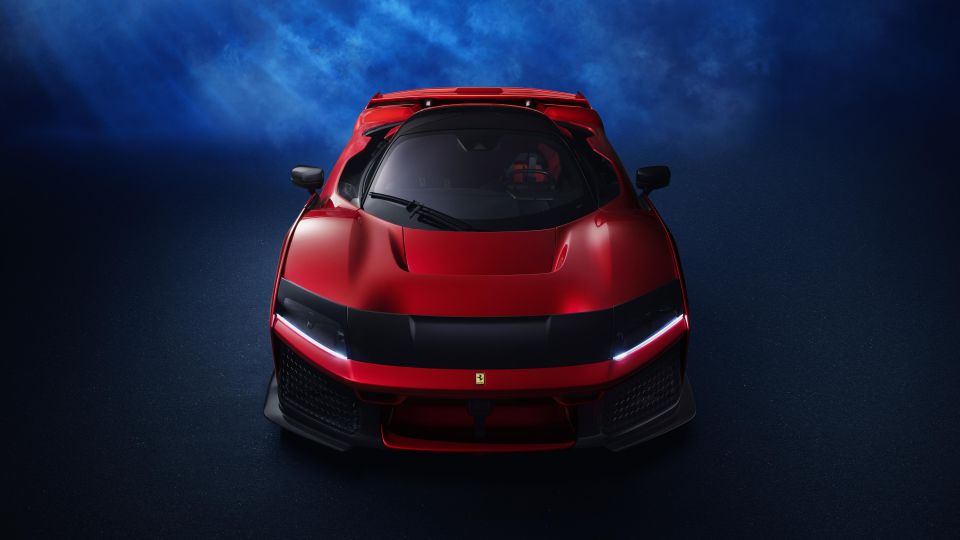
With traditional internal combustion-engined vehicles, regular maintenance and occasional driving is enough to keep them going almost forever. With electrification, the added element of battery degradation is an entirely new prospect facing not only Ferrari but other supercar brands that produce ‘forever’ vehicles.
While many car companies make a great deal of noise to showcase the warranty and longevity of their battery technology, not many have taken the approach that Ferrari has.
By producing its own lithium-ion batteries at the company’s new E-building in Maranello, Italy, Ferrari says it can ensure that its cars will function perfectly forever as their battery packs will always be operational and, in fact, upgradable in the future.
To give an example of how this approach differs to other brands, consider that the lithium-ion battery in the new plug-in hybrid Bentley Continental is made by Samsung and is then shared with Bentley and Porsche. The battery that is made for the new F80 (and future electrified Ferraris) is made by Ferrari at Ferrari.
Ferrari offers customers off all its hybrid cars the option to pay for an extended warranty on the battery, which sees the battery replaced every eight years regardless of its capacity to hold charge. Every eight years, you get a new and likely better battery.

Brands like Rolls-Royce have built the battery pack in the Spectre in such a way that each individual cell can be serviced or replaced, but the battery itself is not made by Rolls-Royce.
Almost all brands offer long battery warranties with caveats around degradation (usually, around 80 per cent is still considered functional), but the option of having your Ferrari battery changed every eight years will no doubt be very reassuring for owners that intend to keep their cars for extended periods of time.
It will also serve as a great way to keep resale values high as the vehicles start to age and subsequent buyers become anxious of battery degradation.
Owners of the LaFerrari will soon be able to swap their battery for new-generation lithium-ion technology used in the F80. In essence, they will get a much better performing battery to upgrade their LaF.
We can only assume that in the years to come and as battery technology gets better and better, this process will continue.
While Ferrari is not often lauded for its environmental credentials, the company’s attitude to making sure its electrified vehicles can remain in use indefinitely should be a north star for other brands to follow.
MORE: Everything Ferrari MORE: Ferrari will back your hybrid supercar’s battery for up to 16 years… for a price MORE: Ferrari F80: Why 799 are being made? MORE: Ferrari F80: How the new 1200hp hypercar came to be MORE: Ferrari F80: 1200hp V6 hybrid & technical details explained
Where expert car reviews meet expert car buying – CarExpert gives you trusted advice, personalised service and real savings on your next new car.
Alborz is the founder of CarAdvice (sold to Nine and now Drive) and co-founder of CarExpert. He is an honourary adjunct professor & entrepreneur in residence at the University of QLD. He loves naturally-aspirated V8s, V10s and V12s and is in denial about the impending death of the internal combustion engine. The best way to reach him is via Instagram.


Max Davies
5 Days Ago
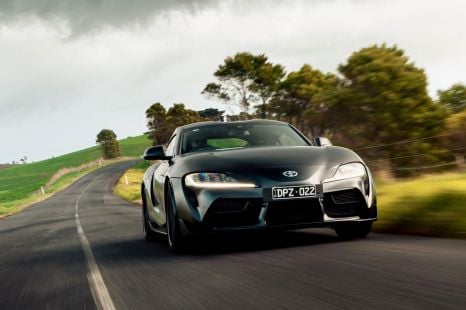

Max Davies
4 Days Ago
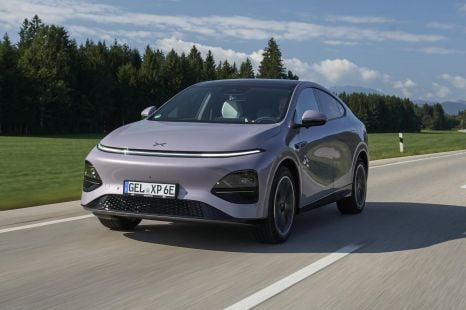

Neil Briscoe
3 Days Ago
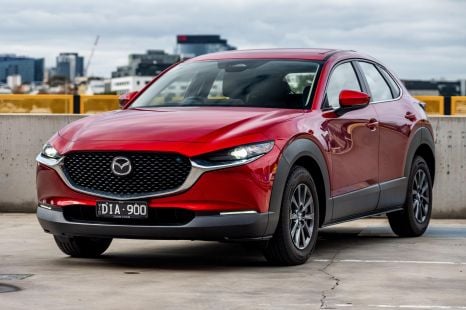

Max Davies
2 Days Ago
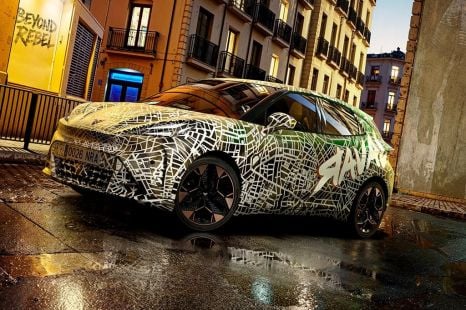

Damion Smy
8 Hours Ago
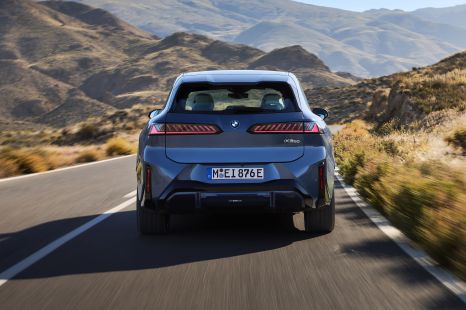

Alborz Fallah
7 Hours Ago